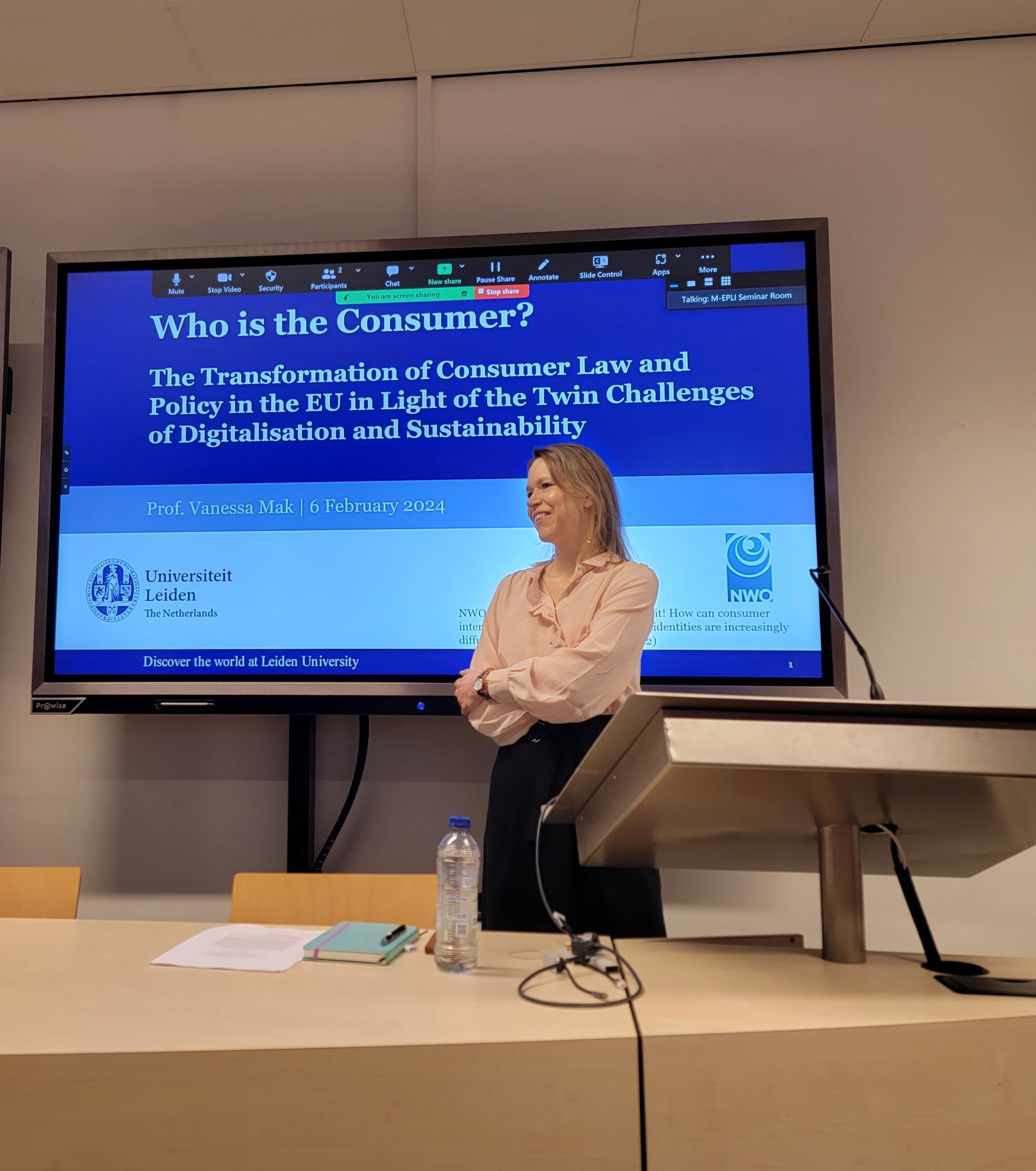Seasteading and the Law: a Wonderful Thought Experiment

Making use of the possibilities of present-day jurisdictional arbitrage may offer a viable and less expensive alternative to seasteading.
In the last few months I have been following the developments around the so-called Seasteading Institute. This institute founded by Patri Friedman (grandson of Chicago economist Milton Friedman and an original thinker and entrepreneur in his own right) is co-funded by dotcom investor Peter Thiel and has a highly interesting goal. It aims at promoting homesteading on the high seas. Entrepreneurial individuals should be allowed to leave behind their present country, create a new community in international waters and start experimenting there with different types of governmental, legal and social arrangements. A few quotes from the interviews that Friedman gave to The Economist and the Financial Times are the following: ‘If you are unhappy with your government, then you should be free to use another one – or, better still, start one yourself.’ And: ‘Think about all the hot air and argumentation about a whole host of different political issues – freedom vs. security, absolute wealth vs. inequality, strong family vs. tolerance, open vs. closed borders, whatever the topic du jour is. Instead of deciding them through rhetoric, or voting on a few representatives to decide them for tens or hundreds of millions of people at once, imagine if we could try them each on a small scale and see what happens.’ The initiative has received quite some attention, also because Friedman was able to attract money from investors to try out the idea and create a charter city outside of the 200 miles zone off the coast of California.
There are two reasons why I find this an interesting idea. First of all, it makes a wonderful thought experiment. In the coming weeks a new generation of first year law students starts, not only here at Maastricht University but at law schools throughout the world. The very idea that some individuals would be able to create their own jurisdiction offers ample possibilities to reflect upon the aims of the law. It challenges many of the assumptions underlying present-day legal thinking and forces those who are new to the law to think these through.
Second, I find the idea fascinating in view of my own preoccupation with ‘rechtstoerisme’ or ‘legal tourism’ and the possibility for parties to opt out of their own jurisdiction. In several fields of private law (such as contract and corporate law) parties are able to escape their default laws and opt in to laws of other states. However, present private international law only allows this in certain cases. To allow someone to completely abandon his or her own legal system is something different. We are so much used to law being produced by nation-states that we do not consider this a feasible option. But is it really not? If someone says: ‘I no longer want to make use of public facilities; I do not wish to participate in the public life of the country I was born in; I am not interested in a passport anymore because I decide to move to this newly created artificial island on the sea; and I am also willing to pay an exit tax to the country that I leave for services rendered in the past’, then why should I still be bound to the laws of my native country? This is surely unthinkable in a Westphalian perception of law, but we all know this view is rapidly becoming less influential.
My own take on the topic is (perhaps) somewhat less revolutionary. The main reason for allowing seasteading on the high seas is that it makes government more competitive. However, the question is whether we really need people actually moving to new physical territories (in the form of floating outposts) in order to realise this. We are all aware of the fact that the rich and famous of this world are already able to escape the laws of their default jurisdiction by opting into a variety of other legal systems (such as Delaware company law, New York state contract law, the tax laws of Aruba and the family law of Mexico City). This has the inestimable value that people do not have to physically leave behind attractive cities such as New York, Berlin and Liège and start living on the ocean. Most people find government and the law, if it at least meets certain minimum requirements, less important than the possibility to enjoy the niceties of life. Making use of the possibilities of present-day jurisdictional arbitrage may offer a viable and less expensive alternative to seasteading. This requires fundamental research into the possibilities that national laws already offer today to stimulate competition for better government services.
Other blogs:
Also read
-
Every time consumers use online email, stream music or videos or archive pictures on the internet, it is quite likely that they are using cloud computing. Those online pictures, videos or emails are not stored on consumer’s computers. Instead, they are processed and stored on a group of remotely...
-
M-EPLI was delighted to have Professor Vanessa Mak in Maastricht to discuss her research on consumer law and policy at the M-EPLI Talk on February 6th.
-
The pain and suffering of accident victims does not have a price and, in claims for damages, no fixed economic value. Thus, quantifying the amount of money needed to compensate for pain and suffering is a subjective exercise often influenced by adjudicators’ biases.



